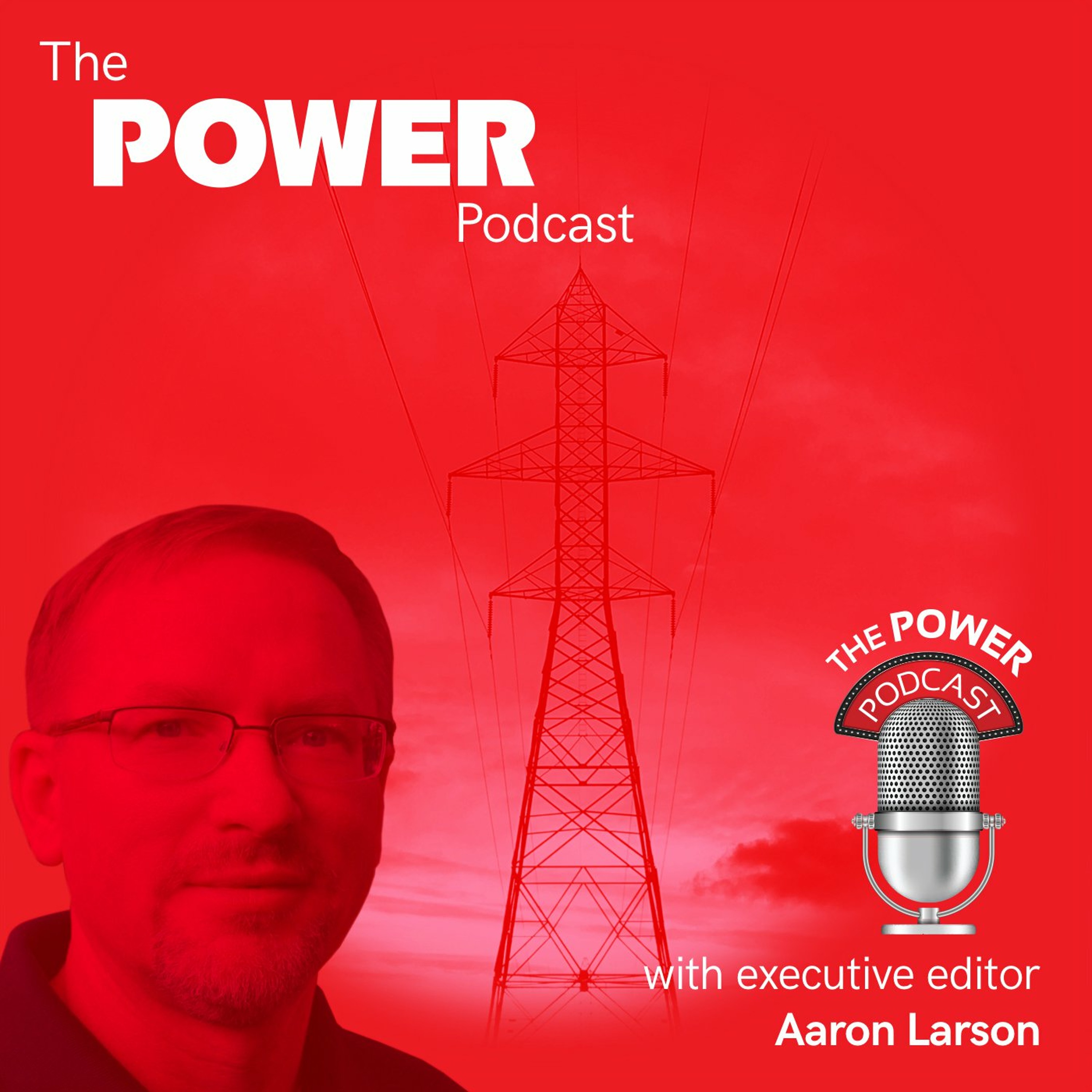
64. Leaders in the Smart City Movement
The POWER Podcast
Shownotes Transcript
Leaders in the Smart City Movement
What is a “Smart City”? According to one definition, it’s an urban area that uses different types of electronic methods and sensors to collect data, with insights gained from that data used to manage assets, resources, and services efficiently.
Clint Vince, chair of Dentons’ U.S. Energy Practice and co-chair of Dentons’ Global Energy Sector, was a guest on The POWER Podcast. Vince created the firm’s groundbreaking Smart Cities and Connected Communities Initiative and Think Tank, and he is one of the industry’s leaders on the subject.
“We have been deeply involved with cities and communities around the country and around the world for decades,” Vince said. “My initial introduction in the Smart Cities concept was really through grid modernization for cities. But we quickly realized that the Smart Cities approach requires integration with many other sectors and subject areas.”
Dentons system of working with power companies and other utilities to implement Smart City technology is quite innovative for a legal practice. “I think that our approach to Smart Cities is unique. I don't know of any other law firm with a think tank,” said Vince. “Our clients like it when we focus not just on legal issues, but on business and policy issues, and try to integrate all of those together.”
Dentons’ Smart City Think Tank has 16 pillars, including every major sector in the law firm, such as cyber, transportation, communications, intellectual property, and so on. More than 500 thought-leaders from around the globe are involved, which allows insightful sharing of best practices from the various regions. The group feels creating a Smart City requires more than just harnessing technology, it involves modernizing infrastructure.
Vince offered CPS Energy, the municipal electric and gas utility serving San Antonio, Texas, as an example of a company making great strides forward in the Smart City area. He said Dentons has helped CPS Energy develop innovation zones, modernize its grid, identify dark fiber in its networks to be used for advanced telecommunications, address cyber-related issues, and team with the joint military base in San Antonio for further collaboration. CPS Energy has invested heavily in renewable energy and on energy efficiency initiatives. “We would identify them as a real rising star,” Vince said.
As a global firm, Dentons works with cities all over the world. Vince suggested many other countries are well ahead of the U.S. in Smart City adoption. “Singapore often is singled out as sort of the lead Smart City in the world,” he said. “They really are extremely advanced.”
Vince said Singapore invested more than $1 billion into its Smart Cities approach in 2019. Some specific infrastructure and social advancements that Vince thought were notable included Singapore’s ubiquitous very-high-speed internet, which supports other initiatives. “They’ve got online voting down. They have an online system where any citizen can report into the city for maintenance repairs that are needed,” Vince said. Singapore’s pandemic response was also a model for the world, not just in terms of policies for limiting exposure, but also its testing and tracing methods.
Vince also noted that Singapore has advanced beyond pilot projects for autonomous vehicles. “They are using autonomous vehicles in portions of their city very, very effectively. They have a government technology agency, which is allowing them to be one of the leaders on sensor technology and integration with the Internet of Things. So, they are of a scale and economic dimension that they can really teach a lot of other cities some impressive things,” Vince said.